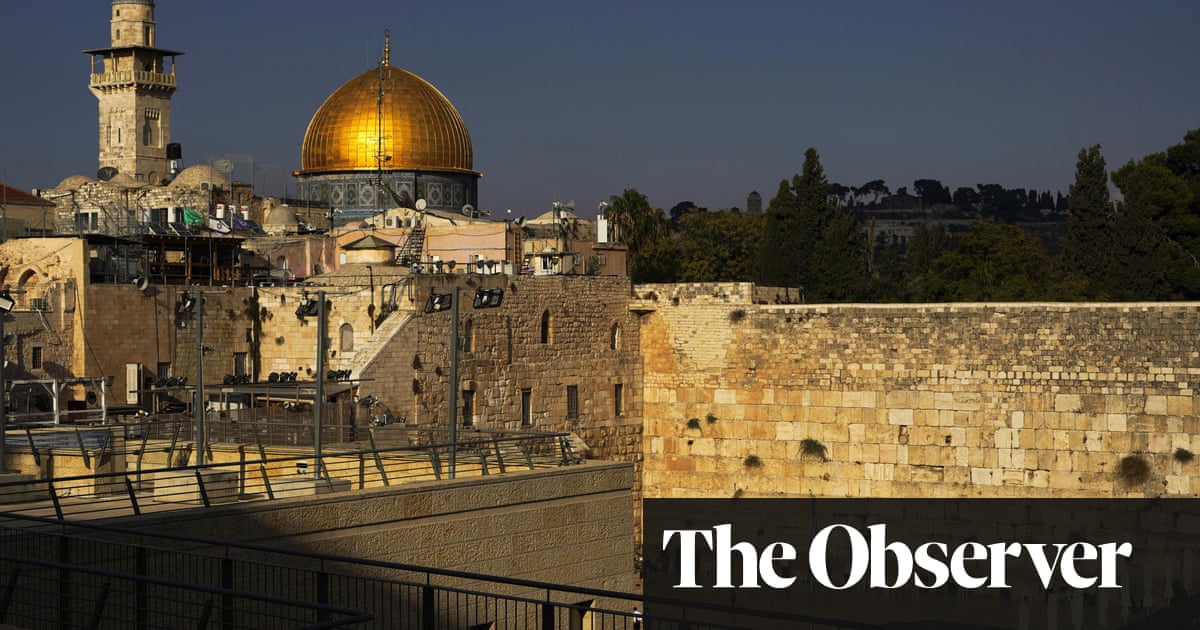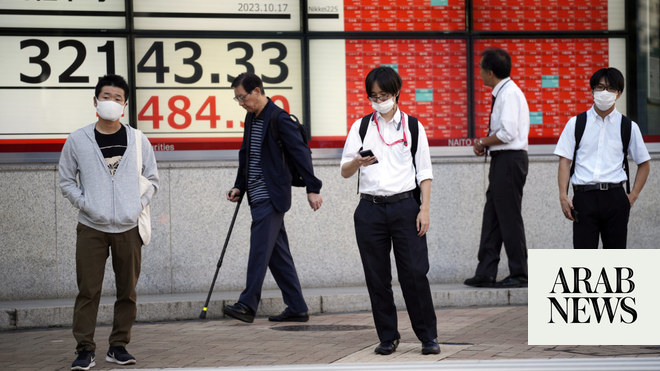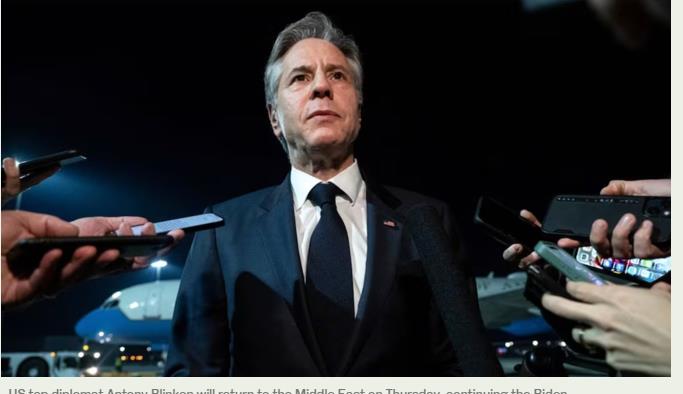
A generation of young people are not learning about the history of the Israel-Palestine conflict because schools are afraid of being accused of bias, according to teachers in England.
Fewer than 2% of GCSE history students in England studied a module on the Middle East in 2020, and experts estimate that only 27 schools in England currently teach it. The Observer has learned that some schools are blocking attempts to introduce the subject, in spite of active interest from pupils, due to the amount of “heat” the topic draws and worries about “bad publicity”.
Pearson, now the only publisher providing school resources on the subject, has twice had to withdraw its textbooks in recent years, first after Jewish organisations claimed the books favoured Palestine, and then when the revised editions met accusations of bias towards Israel.
A history teacher at a Muslim majority school in the south-east of England, speaking on condition of anonymity, said she was “heartbroken” that her school had ruled the topic emotive and complex to teach at GCSE. They also warned her that debating the issues could lead to Muslim pupils making antisemitic comments: a warning which she described as “unfair, dangerous and insulting”.
“As a historian it really hurts me,” she said. “We can teach children about evidence for both sides and both narratives and I know kids are capable of seeing humanity in each. We can’t keep hiding behind this idea that it’s complex.”
She insisted her pupils were really curious about the beginning of the conflict. “It feels so current, and it matters to them in a way that Henry VIII and his wives just don’t,” she said.
Steve Archer, deputy head of a secondary school in the north-west with a large intake of Muslim pupils as well as a small number of Jewish ones, said colleagues were “feeling the pressure” of fielding questions about the conflict.
He gave an example of a recent PE lesson after Rishi Sunak made a speech in solidarity with Israel. “One girl asked the teacher: ‘Is Rishi Sunak the prime minister? He’s not my prime minister.’ That’s a hard thing for a PE teacher to suddenly deal with.”
Archer said refusing to give students a safe space to talk about the issues would be disruptive in a community like theirs, where they “generate a huge amount of heat”. His school teaches the history of the Middle East to foster more understanding and discussion.
He said the the conflict was affecting his pupils deeply. “I’ll see the simple drawing of a Palestinian flag on a child’s hand, for example,” he said. “Does that mean that child is expressing support for Hamas? I doubt it very much. More likely they are expressing solidarity with Palestinians.”
As well as teaching different versions of how the conflict started in his own history lessons, Archer encourages other teachers to stress that violence leads to more violence, and “the victims of today become the fighters of tomorrow”.
History teacher Michael Davies set up the charity Parallel Histories to provide resources for schools like Archer’s to teach about the conflict – and others such as Northern Ireland – by putting two contradictory historical narratives alongside each other and allowing students to form their own judgments. Downloads of the Middle East resources rose more than 500% in October compared with the previous month, but Davies understands that many schools are fearful.
“Classroom teachers are scared of being accused of bias and headteachers are scared of the bad publicity that could be generated from such an accusation,” he said.
He was adamant that the topic could not be kept out of schools. “The school demonstrations during the last Gaza war proved that, and caught many heads flat-footed,” he said.
Dr Chris Pyle, head of Lancaster Royal grammar school, said one reason teachers were frightened of talking about the Middle East was that they were not taught about it at school themselves. “Teachers don’t feel like experts on these sensitive issues,” he said. “There is a chain of lack of knowledge going down the generations.”
Davies first tested out his dual-narrative approach while working at Lancaster Royal, and Pyle recalls a “powerful” school trip Davies led to Jerusalem, the West Bank and a refugee camp to hear stories on both sides of the divide. More recently sixth formers have debated the issues with pupils from a nearby Jewish faith school.












